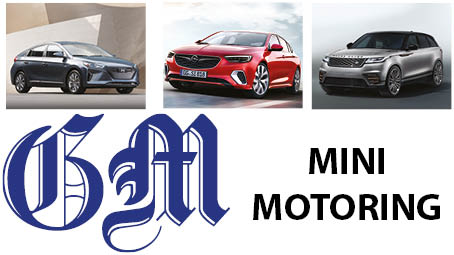As soon as a vehicle has been registered in a car owner’s name, that person must ensure he or she has a motor insurance policy in place. Should you leave the showroom without insurance and something happens, you can face a huge financial headache and not be able to enjoy your new ride.
This is according to Dawie Loots, CEO of MUA Insurance Acceptances, who states that the insurance risks for a newly purchased vehicle while still at the showroom are similar to those any vehicle faces, including fire, storms, theft and accidental damage.
“While a vehicle is in a showroom, it is not under the control of its new owner and therefore might be exposed to additional risks, such as theft if the dealer does not have proper security measures in place.”
Loots says that normally, ownership passes from dealer to new owner after a physical inspection is conducted, and dealers typically have insurance in place to cover a vehicle that is still on the showroom.
“However, it is advisable that consumers arrange insurance cover from the time that the vehicle is registered in their name, which is normally a day or two before delivery is taken.”
Should the vehicle be stolen or damaged before it is collected, the dealer will most likely take on this risk, Loots adds. “In addition, should any damage occur during prerequisite vehicle tests, the dealer is responsible as these tests generally have to be completed before the vehicle is delivered to the client and therefore ownership would not have passed yet.” However, it is best to check this with the dealer and confirm proper insurance cover is in place at all times.
Loots adds that should any damage occur while the vehicle is in the showroom, the claims procedure would be similar to a normal claim where the vehicle is already in the owner’s possession. “So it is important to provide enough information as possible to the insurer, including contact details of the dealer, possible witnesses, signed agreements and photographs. Depending on the type of damage, an insurer might request that the matter should be reported to the nearest police station.”
Loots explains that there are different types of insurance cover available to motor vehicle owners.
“A motor vehicle owner is always advised to take out full comprehensive cover for their vehicle, as this will ensure that the car is covered against all risks at all times. Other options that may be considered, depending on the usage of the car, is third party cover only or comprehensive cover with the exclusion of accidental damage. Both these options will typically come at a reduced premium, but owners need to be aware of the consequences of taking out these restricted forms of cover [and]it is not advisable for a car that is used on a daily basis.”
Loots added that when taking out motor insurance, a consumer must be completely honest, including about previous claims, existing cover and where the car is parked; because if any serious detail was omitted and is known later, the insurer might cancel the policy or refuse to honour it.
When it comes to insuring a newly purchased vehicle, it is always best to seek the advice of an insurance broker as to what the best option is and to understand exactly what is and is not covered, concludes Loots.



